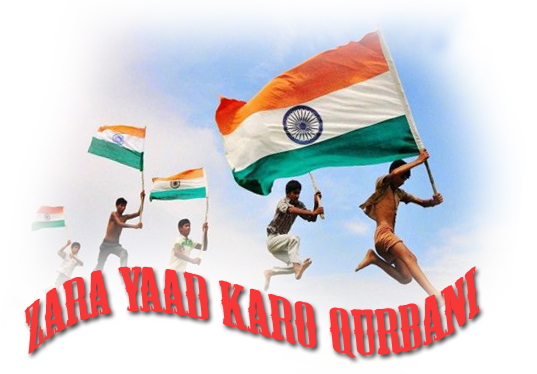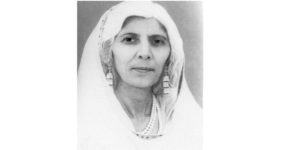She garnered support for Indian Independence wearing a burqa

Team L&M
As the nation readies to celebrate yet another Independence Day, www.lifeandmore.in remembers freedom fighters who played an important role in helping us breathe in an independent nation. Today, we profile Abadi Bano Begum, also known as Bi Amman, who played an important role in Indian Independence struggle
Perhaps one of the first Muslim women to be a part of the Indian Independence struggle was Abadi Bano Begum. Also known as Bi Amman, took part in active politics and was a member of the Khilafat* committee.
Born in 1850 in an ardent nationalist family in Uttar Pradesh, her family suffered great losses during the First War of Independence in 1857. She was married off at an early age to a senior official in the Rampur state, Abdul Ali Khan and had five sons and a daughter. When her husband died at a young age, Bi Amman bravely shouldered the responsibility of the children and the home by pawning her jewellery to ensure that her children got good education. She ensured they attended an English medium school in Bareilly and later sent them to Aligarh Muslim University and Oxford University.
Two of her sons, Maulana Mohammad Ali Jouhar and Maulana Shaukat Ali, became leading figures of the Khilafat Movement and the Indian Independence movement. They played an important role during the non-cooperation movement against the British Raj. A strict follower of purdah, she remained behind a burqa even when she spoke to the country on behalf of her jailed son in 1917. In fact, she was perhaps the first Muslim woman to address a political gathering wearing a burqa.
To garner support and raise funds for the Khilafat movement and Indian Independence struggle, Bi Amman travelled through the length and breadth of the country. Along with Hasrat Mohani, wife of Maulana Hasrat Mohani, Basanti Devi, Sarala Devi Chaudhurani, and Sarojini Naidu, she often addressed women-only gatherings and exhorted women to donate to Tilak Swaraj Fund set up by Bal Gangadhar Tilak.
To get Annie Besant released from prison, she joined an agitation in 1917, when she was 67, The same year, she apparently gave one of the most touching and forceful speeches during a session of the All India Muslim League that left a lasting impression on one and all, especially Muslim Ummah.
No sooner did the Khilafat movement end, Bi Amman passed away on November 13, 1924.
*Khilafat movement was a pan-Islamist political campaign launched by Muslims of India to influence the British government not to abolish the Ottoman Caliphate. It was a protest against the humiliating sanctions placed on the Caliph and Ottoman Empire after World War I by the Treaty of Sevres


